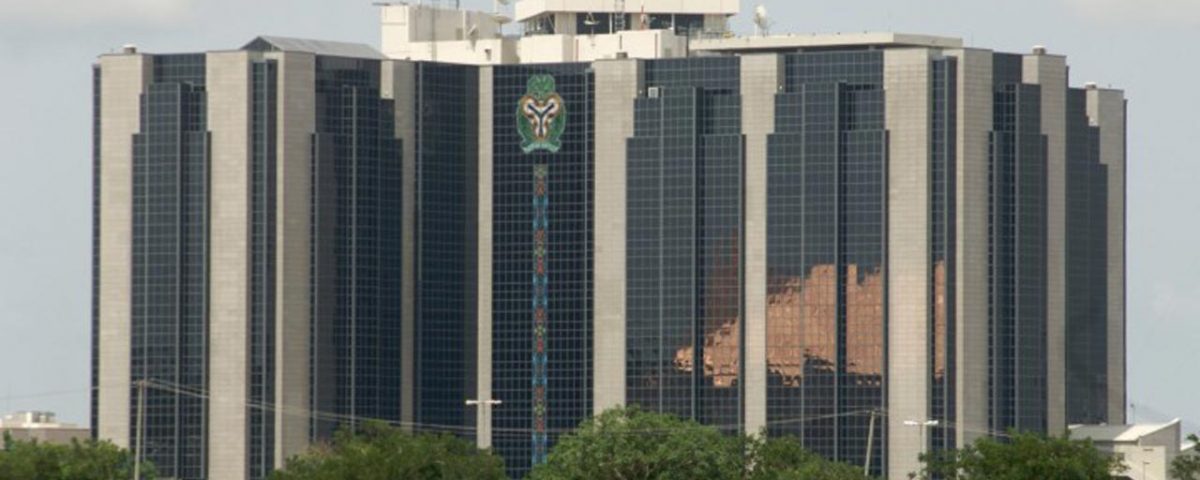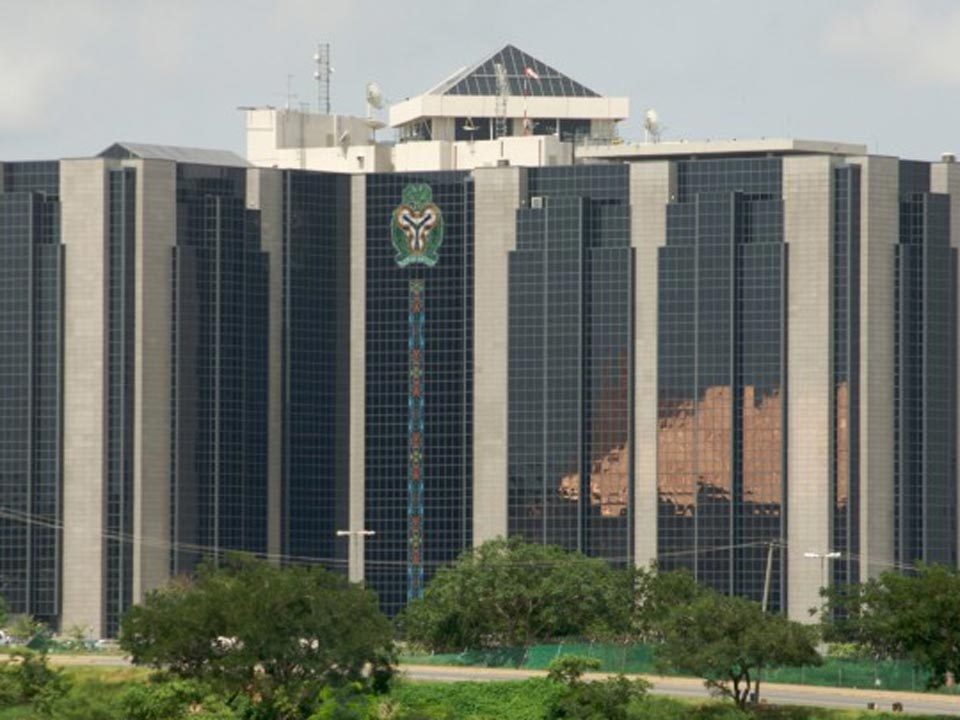Nigeria Update: Stakeholders urge CBN to expose loan defaulters

World Update: European stocks slide on Fed rate-rise fears
February 23, 2018
Nigeria Update: Financial stocks contribute 75% to market turnover
February 26, 2018
Apparently irked by the recent Central bank of Nigeria (CBN) directive, restraining deposit money banks with huge bad loans from paying dividend, a shareholders’ group, Pragmatic Shareholders Association of Nigeria, has stressed the need for the apex bank to publicise the profile of the loan defaulters.
This formed the highlight of a communiqué issued at the end of the Association’s meeting in Lagos, at the weekend.The communiqué, signed by its National Coordinator, Mrs Bisi Bakare, and made available to The Guardian, also urged the National Assembly (NASS) to protect the retail investors, and ensure that the CBN reversed the decision.
The group described the directive as a disincentive to investment, noting that it would subject retail investors to another round of untold hardship at a time the market has recorded little signs of recovery and capital appreciation.Furthermore, the Association accused the CBN of relegating local investors to the background, noting that retraining banks from paying dividend to shareholders is shifting blames to minority shareholders.
According to them, such decision on shareholders dividend will not only impact negatively on the market, but would also create an impetus for other corporates to consciously default in their loan obligations.
“The timing of the CBN policy directive to the deposit money banks, just two weeks to the release of the 2017 banks financial results complicated the expectations of domestic investors”. “The policy directive clearly demonstrated the apex bank’s high level of incompetence in the management of the nation’s monetary policy and regulation of operations of the commercial banks.”
“The CBN board and management cannot be absolved from the high level of complicity and sabotage in the reoccurring banks’ bad loans, and attendant negative impact on domestic savings through portfolio investments. The apex bank owes it as a responsibility to Nigerians and the international community to publish the profiles of the loan defaulters. The Association also faulted the Securities and Exchange Commission (SEC), noting that the capital market apex regulator has reneged on its promise of protecting investors.

